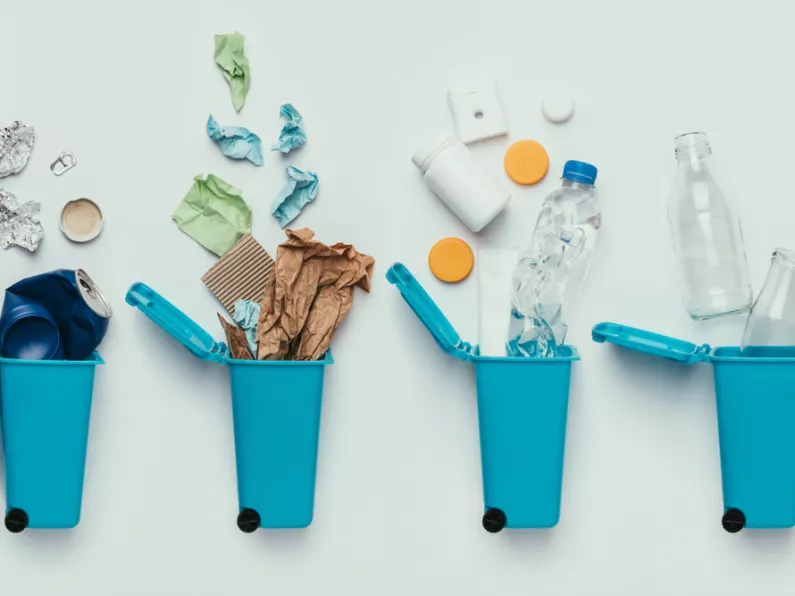Recycling has been around for thousands of years, and put simply it's necessary to make best use of the planet's limited natural resources.
Thankfully, more and more people are turning to recycling every day, but not everyone is doing as much as they can to help the global effort.
And here's why that matters.
Recycling is essential for a number of reasons, most importantly among them that it helps to reduce the need for landfill and more costly forms of disposal.
It also reduces the need for extracting, refining and processing raw materials, all of which create substantial air and water pollution.
This in turn helps to save energy and reduces greenhouse gas emissions, which help to tackle climate change.
In case you need more convincing, here are 7 benefits of recycling.
7 benefits of recycling
- Recycling reduces waste sent to landfills and incinerators: Recycling stops tonnes of waste being buried in landfill. These landfills create water pollution, air pollution, and generate foul smells. They also take up huge swathes of beautiful land, and trees are often cut down to make way for landfills.
- Recycling prevents pollution: Firstly, if we produce less products, less gets thrown away and dumped. By-products of manufacturing processes include air pollution from various gases that contribute to global warming, and these by-products also leak into our environment and pollute our soil and water.
- Recycling protects ecosystems and wildlife: Recycling reduces the need to grow, harvest or extract new raw materials from the Earth and that lessens the harmful disruption and damage being done to the planet. If we recycle more, we're cutting down fewer forests, diverting less rivers, displacing and harming less animals, and leaving less of them without food. Not to mention that animals often choke or get strangled and trapped in discarded rubbish.
- Recycling conserves natural resources: If you remember only one thing from these 7 benefits of recycling, let it be this. We must recycle to protect and conserve resources for our children’s future. For instance, recycling paper and wood saves trees and forests. Resources are finite and if we don't all do our part to recycle, reuse, and reduce, there will be nothing left for future generations.
- Recycling conserves energy: Making products from recycled materials requires less energy than making them from new raw materials. And here's a fun fact about recycling; the energy saved from recycling one glass bottle will operate a 100-watt light bulb for four hours!
- Recycling creates jobs, producing economic benefits: This one is pretty self-explanatory but just to stress the point - recycling is good for the economy. First of all there are the direct jobs created. Then there's the fact that recycling allows materials that would become waste to be used as valuable resources. Recycling can also have some personal economic benefits too with Trinidad’s Every Bottle Back initiative whereby you receive $1 for every 20 plastic bottles recycled.
- Recycling cuts climate-changing carbon emissions: Reducing carbon dioxide and other greenhouse gases being emitted into the atmosphere is vital for stopping global warming. And because recycling means less energy on extracting and processing new raw materials, it produces lower carbon emissions. It also keeps potentially methane-releasing waste out of landfill sites, and reduces waste sent to be incinerated - a process which releases harmful gases into the atmosphere.
Living sustainably
If we want a safe and habitable world for our kids and their kids after them, we need to take responsibility and live more sustainably.
And the best way to start is to recycle!
Did you know that the Coca-Cola company is is doing its part to help solve the global plastic waste crisis and contribute to a #WorldWithoutWaste, an industry-first goal by Coca-Cola to collect and recycle the equivalent of every bottle or can it sells globally by 2030?
The company and its global network of bottling partners will tackle this ambitious goal through a renewed focus on the entire packaging lifecycle - from how bottles and cans are designed and made to how they’re recycled and repurposed.
